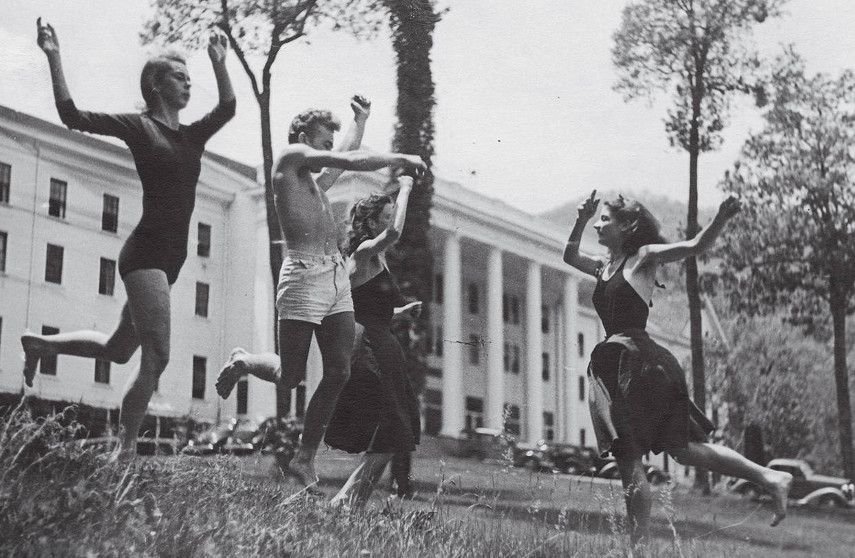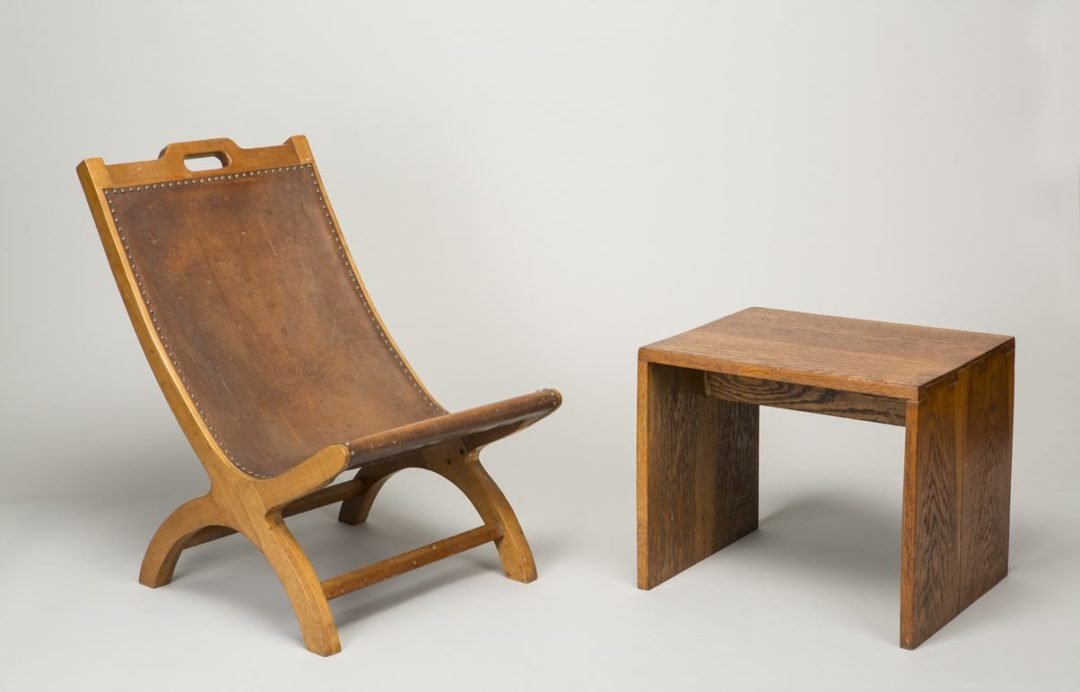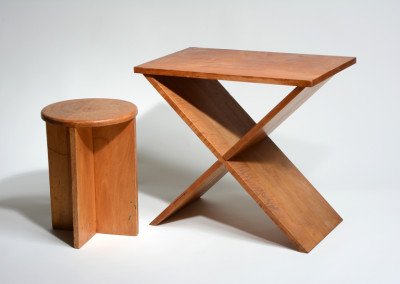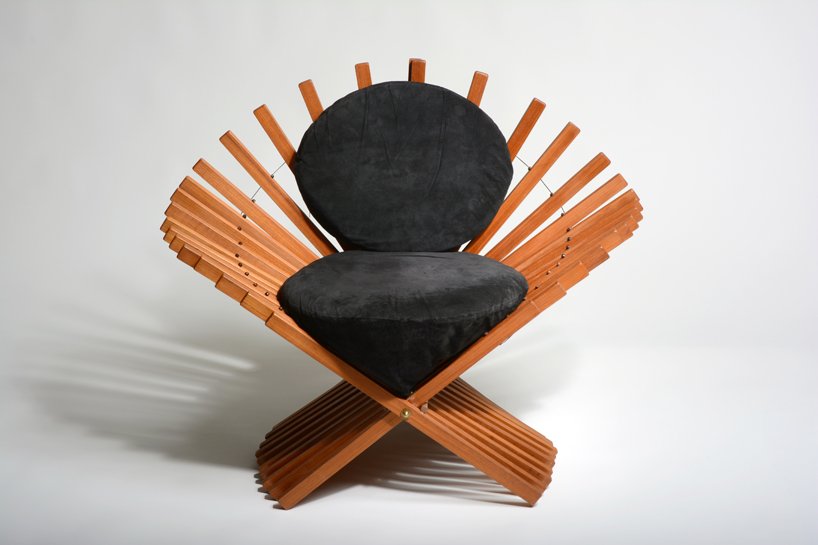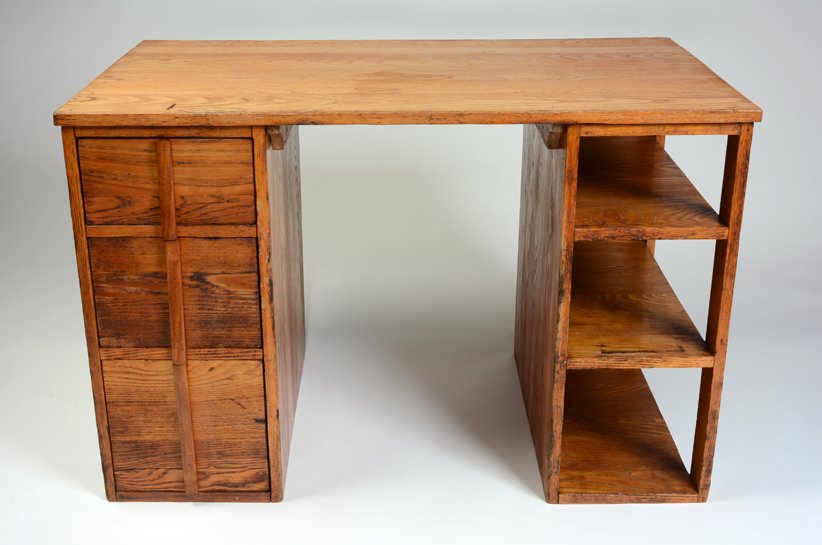Black Mountain, North Carolina
My fascination with Black Mountain College in Western, North Carolina was spurred while studying American art and furniture at New York University in the early 2000’s. Our class visited numerous private and institutional collections across New York City that held 2D and 3D works by notable 20th century artists — Jacob Lawrence, Robert Motherwell, Joseph Albers, i.e. — who had studied and lived at Black Mountain College. Only a four hour drive from Charleston, I was thrilled to visit this particular area for the first time, in pursuit of more Art History knowledge — and cooler temps.
In 1933, Nazis closed the state-funded, German Bauhaus art school, which had operated since 1919, due to its embrace and practice of modern principles. Artists migrated from Europe to the newly founded Black Mountain college in the United States to study and/or teach techniques, philosophies and knowledge of modern art and design. Throughout the early 20th century, a spirit of experimentation would foster the continuation of Bauhaus design ideals in architecture, furniture, and craft (textiles and ceramics) in Western North Carolina.
Albeit a lucky and lovely default space, Black Mountain college’s first building was of colonial revival design with a wide porch for gatherings and discussions; plenty of space inside for segmented classes and workshops; and expanded lawns for picnics and dancing. In early beginnings, local furniture at the YMCA Blue Ridge Assembly filled the space ; but by 1940, construction of new buildings began on its own campus at Lake Eden, with a modern cantilevered three-story structure soon to be filled with furniture created by students trained in the college’s woodshop.
The aesthetic environment at Black Mountain College was particularly developed and established by Josef Albers, a notable professor and artist from the Bauhaus, who was brought on staff to head the college’s art department. Alber’s legacy as a teacher of artists, as well as his extensive theoretical work proposing that color, rather than form, is the primary medium of pictorial language, profoundly influenced the development of modern art at Black Mountain College. Albers advanced beyond paper and canvas to pioneer furniture design, and in time, invited other former Bauhaus professors to teach and advance the avante-garde creative movement in 3D.
Alber’s expansive oeuvre of art and design are outside the scope of this blog, so discussed and seen here are a few examples of wooden furniture that Albers designed or inspired. Many modern designs of furniture originated in the Bauhaus carpentry workshop in 1925 when Marcel Breuer was the head of it. Then Albers encouraged Black Mountain artists to continue the visual principles of Bauhaus furniture design in that each piece of furniture be easily constructed, inexpensive, minimal, lightweight, and quickly crafted.
As a hot and humid summer weighs upon us in the Low Country, it was nice to venture to higher ground and feel cool breezes and experience lush greens characteristic of Black Mountain’s scape. Time seems differently paced there. Slower. And trickling streams, fleeting red birds, and peaceful night skies are only small parts of a larger ecosystem that must have been a perfect setting for the Black Mountain College artist, persisting to create.



